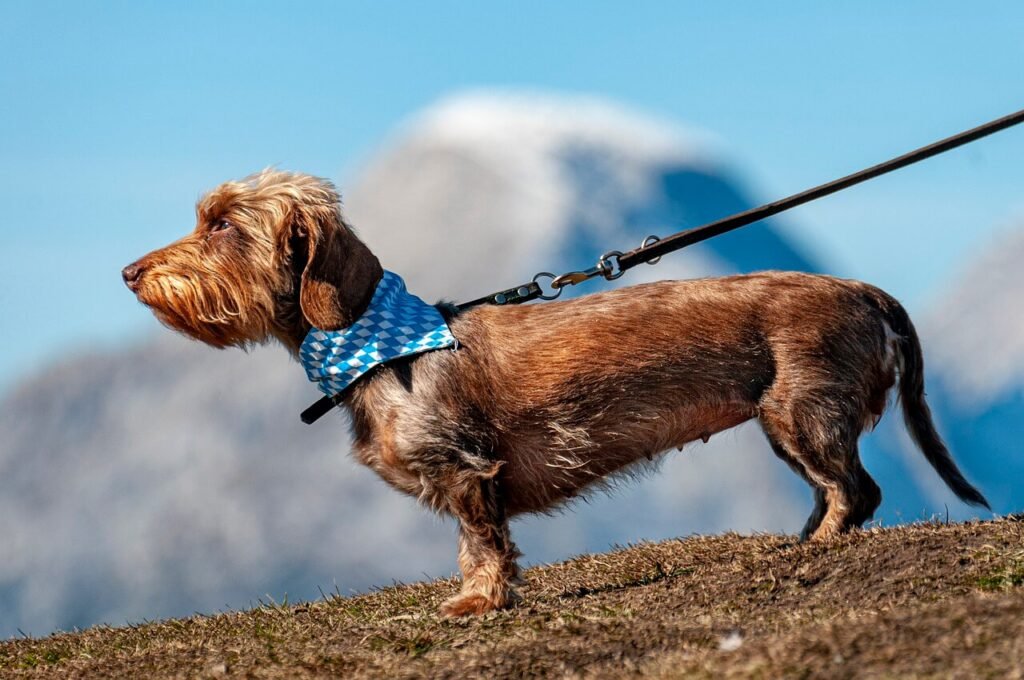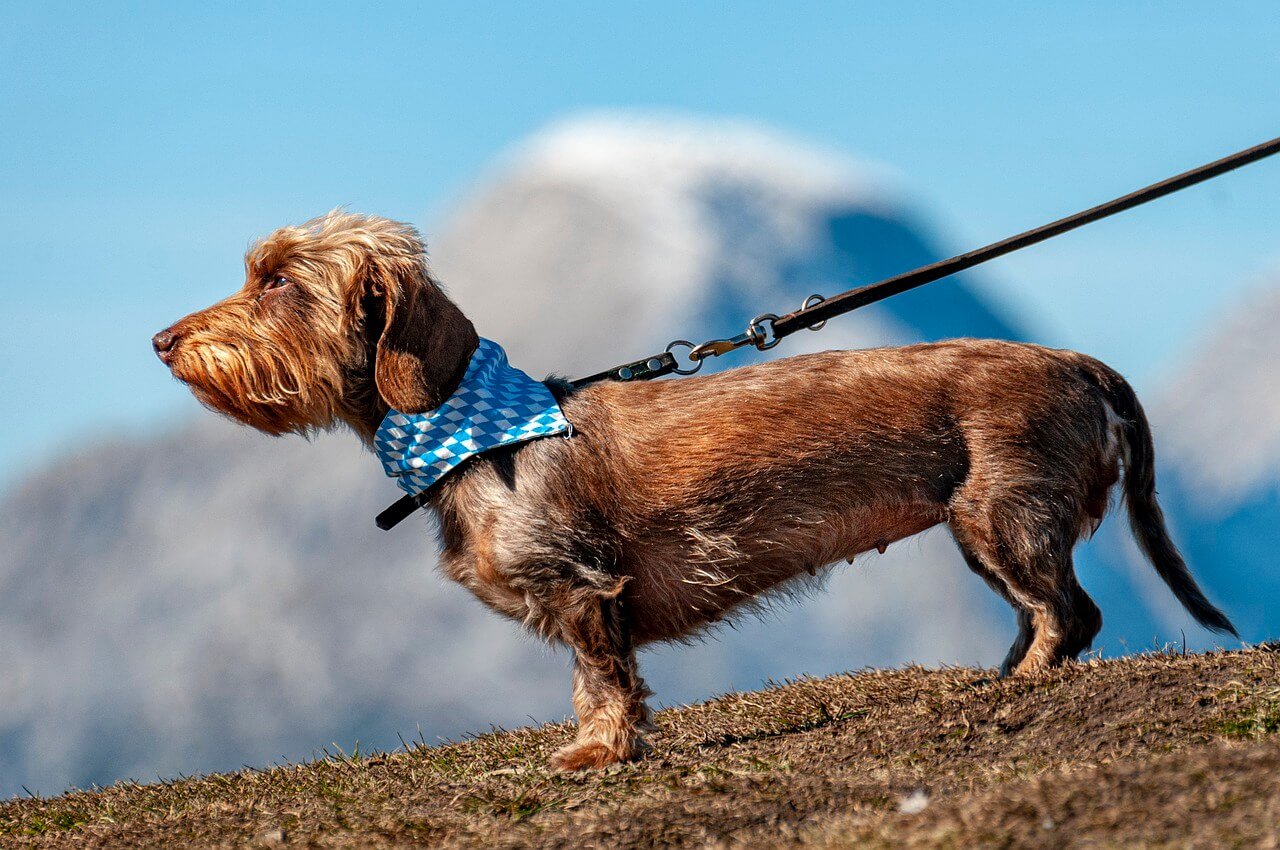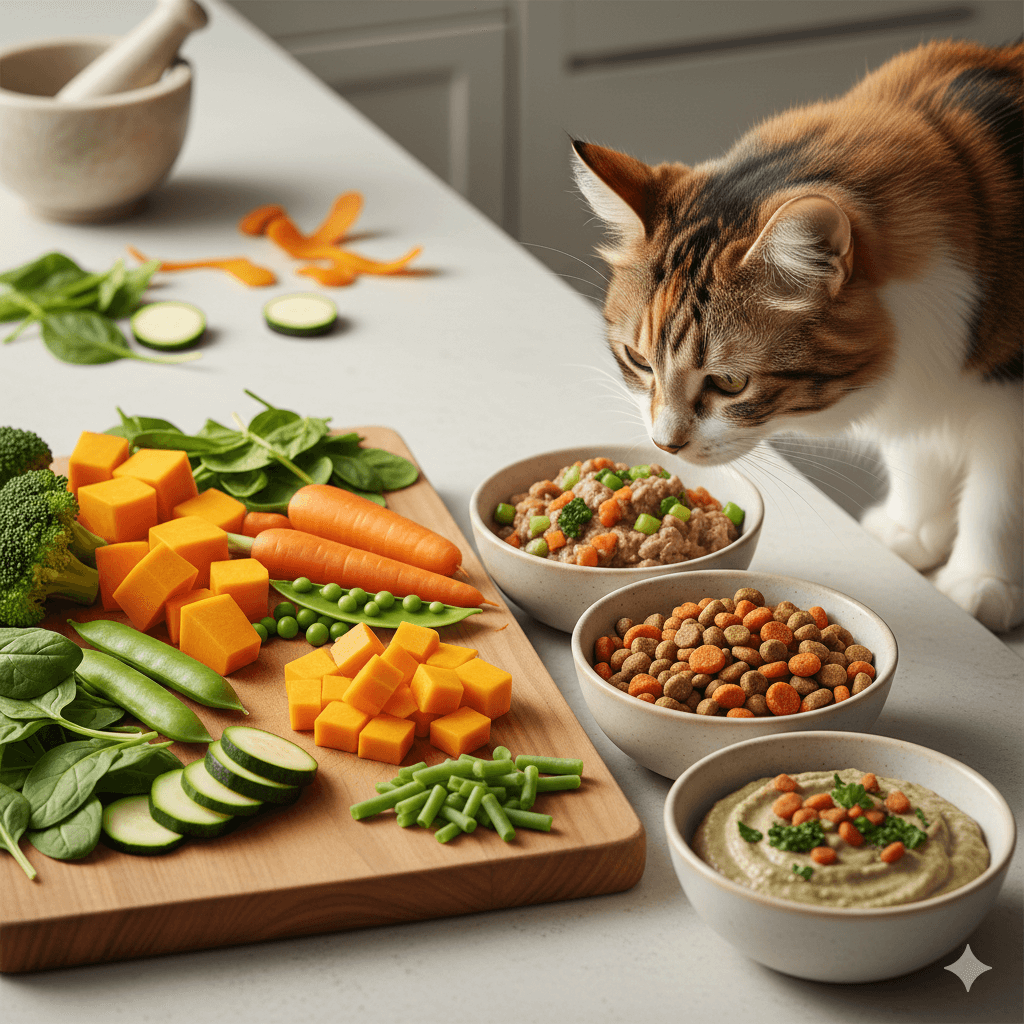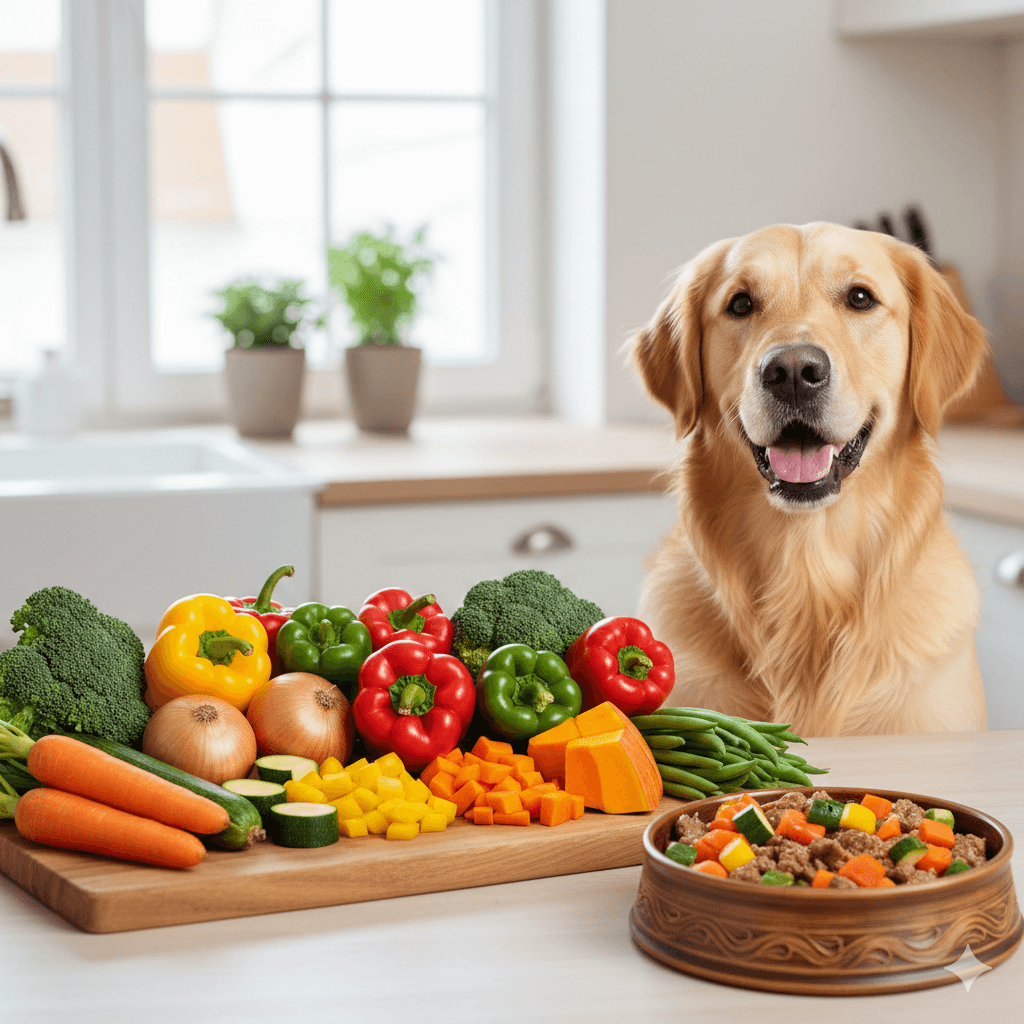Why Some Dog Breeds May Not Be Ideal for Seniors
Choosing the right dog breed is an important decision, especially for seniors who may have unique lifestyle needs and physical limitations. While dogs can bring immense joy and companionship, not all breeds are well-suited for older adults. Factors such as energy levels, grooming requirements, and exercise needs can significantly impact whether a breed aligns with a senior’s capabilities and preferences. In this blog post, we’ll explore why certain dog breeds might not be ideal for seniors and provide guidance on finding the perfect canine companion that fits your lifestyle.
High-Energy Breeds That May Overwhelm Seniors
Some dog breeds are bursting with energy and require constant activity to stay happy and healthy. For seniors who may have limited stamina or mobility, these high-energy breeds can become overwhelming rather than enjoyable.
Australian Shepherd:
Known for their boundless energy and need for mental stimulation, Australian Shepherds require hours of daily exercise, which may be too demanding for seniors.Border Collie:
Border Collies are intelligent but highly active, often excelling in agility sports that require significant time and effort from their owners.Jack Russell Terrier:
These small yet energetic dogs love to run, jump, and play, making them a poor match for seniors seeking a low-key companion.Labrador Retriever (Younger Dogs):
While Labs are friendly and loyal, younger ones are incredibly active and may outpace a senior’s ability to keep up with their exercise needs.Dalmatian:
Dalmatians thrive on long walks and vigorous playtime, which might be too physically taxing for many older adults.
Seniors should carefully consider their own energy levels and lifestyle before committing to a high-energy breed, as mismatched expectations can lead to frustration for both parties.

Breeds with High Grooming Needs
While grooming can be a bonding experience, some breeds require extensive maintenance that may prove challenging for seniors with limited mobility or dexterity.
Poodle:
Poodles have dense, curly coats that need regular brushing and professional grooming to prevent matting and tangling.Shih Tzu:
Shih Tzus have long, silky hair that requires daily care to avoid knots and keep their coat looking its best.Bichon Frise:
This adorable breed has a fluffy coat that demands frequent grooming sessions to stay tidy and healthy.Old English Sheepdog:
With their thick double coat, Old English Sheepdogs need thorough brushing several times a week to manage shedding and prevent tangles.Yorkshire Terrier:
Yorkies have fine, silky fur that grows continuously and requires regular trimming and attention to maintain.
For seniors who prefer low-maintenance pets, these breeds may add unnecessary stress to their daily routines.
Check this guide 👉Medium Energy Dog Breeds: Best 7 Expert Tips!
Check this guide 👉Healthiest Dog Breeds: Best 7 Expert Tips!
Check this guide 👉Chinese Dog Breeds: Best 7 Expert Tips!
Breeds Suitable for Seniors | Breeds Less Ideal for Seniors |
|---|---|
Cavalier King Charles Spaniel | Border Collie |
Basset Hound | Jack Russell Terrier |
French Bulldog | Australian Shepherd |
Greyhound | Dalmatian |
Pug | Poodle (without regular grooming) |
Breeds Prone to Health Issues
Certain dog breeds are more susceptible to health problems, which can result in higher veterinary costs and additional caregiving responsibilities—factors that may not align with a senior’s resources or capabilities.
German Shepherd:
German Shepherds are prone to hip dysplasia and other joint issues, requiring extra care and potential medical expenses.Bulldog:
Bulldogs often suffer from respiratory problems and heat sensitivity, necessitating careful monitoring and climate control.Great Dane:
As a giant breed, Great Danes are predisposed to heart conditions and bloat, which can be stressful to manage.Cavalier King Charles Spaniel:
While generally good for seniors, they are prone to mitral valve disease, which requires ongoing veterinary attention.Dachshund:
Their long backs make them vulnerable to spinal injuries, requiring cautious handling and limited jumping activities.
Understanding these potential health challenges can help seniors make informed decisions about adopting a breed that suits their ability to provide necessary care.
Breeds with Stubborn or Difficult Temperaments
Training a dog requires patience and consistency, but some breeds are notoriously independent or stubborn, which can pose challenges for seniors unfamiliar with dog training methods.
Basenji:
Known as the “barkless dog,” Basenjis are intelligent but highly independent, often ignoring commands unless properly motivated.Chow Chow:
Chow Chows are aloof and can be difficult to train due to their strong-willed nature and protective instincts.Afghan Hound:
Afghan Hounds are elegant but notoriously hard to train because of their independent streak and lack of interest in obedience.Siberian Husky:
Huskies are friendly but mischievous, often testing boundaries and requiring firm leadership to stay disciplined.Beagle:
Beagles are curious and easily distracted, making them harder to train without consistent reinforcement.
Seniors who value easygoing, obedient companions may find these breeds frustrating to handle, particularly if they lack prior experience with stubborn dogs.
Benefits of Senior-Friendly Dog Breeds
Adopting a senior-friendly dog breed offers numerous advantages that cater specifically to the needs of older adults. These breeds are typically calmer, easier to care for, and more adaptable to a slower-paced lifestyle.
Cavalier King Charles Spaniel:
Cavaliers are affectionate lap dogs that thrive on companionship, making them ideal for seniors seeking emotional support.French Bulldog:
Frenchies are playful yet laid-back, requiring minimal exercise while providing plenty of cuddles.Greyhound:
Despite their reputation as racing dogs, Greyhounds are surprisingly lazy at home and enjoy lounging around with their owners.Basset Hound:
Basset Hounds are mellow and easygoing, content with short walks and plenty of naps.Pug:
Pugs are charming and sociable, forming strong bonds with their owners while maintaining manageable energy levels.
These breeds exemplify the perfect balance of affection, adaptability, and ease of care for seniors.
Tips for Preparing Your Home for a New Dog
Bringing a dog into your home requires preparation, especially for seniors who want to create a safe and comfortable environment. Here are some tips to get started.
Create a Dedicated Space:
Set up a cozy corner with a bed, food bowls, and toys where your dog can relax and feel secure.Remove Hazards:
Clear clutter, secure electrical cords, and block off areas like stairs to prevent accidents.Stock Up on Supplies:
Gather essentials like leashes, collars, grooming tools, and age-appropriate food to ensure you’re ready for your new arrival.Install Safety Features:
Use baby gates or pet barriers to restrict access to unsafe areas of the house.Establish a Routine:
Dogs thrive on consistency, so set clear schedules for feeding, walking, and bedtime to help them adjust quickly.
Proper preparation ensures a smooth transition for both you and your new canine companion.
How to Bond with Your Senior-Friendly Dog
Building a strong bond with your dog strengthens your relationship and enhances mutual trust and understanding. These tips will help foster a deep connection with your senior-friendly pup.
Spend Quality Time Together:
Engage in activities like gentle walks, grooming sessions, or simply sitting together to build rapport.Use Positive Reinforcement:
Reward good behavior with treats, praise, or affection to encourage desirable actions and strengthen your bond.Communicate Calmly:
Speak softly and use reassuring tones to create a sense of safety and comfort for your dog.Learn Their Preferences:
Pay attention to what your dog enjoys, whether it’s belly rubs, fetch games, or quiet cuddles, and incorporate those into your routine.Be Patient and Consistent:
Building trust takes time, especially for rescue dogs or those adjusting to a new home. Stay patient and consistent in your interactions.
A strong bond enriches both your lives, creating a fulfilling partnership built on love and trust.
Frequently Asked Questions About Choosing a Dog Breed for Seniors
What should I consider when choosing a dog breed as a senior?
Look for breeds with moderate energy levels, minimal grooming needs, good health, and easy trainability.
Are small dogs better for seniors than large dogs?
Not necessarily. While small dogs are easier to manage physically, temperament and lifestyle compatibility matter more than size.
Can high-energy dogs adapt to a senior’s slower pace of life?
It depends. High-energy dogs may struggle without sufficient outlets for their energy, potentially leading to behavioral issues.
How much grooming can I expect with popular senior-friendly breeds?
Breeds like Cavalier King Charles Spaniels and Greyhounds require minimal grooming compared to high-maintenance breeds like Poodles.
Why are health issues important when choosing a dog breed?
Dogs prone to health problems may require frequent vet visits, medications, and special care, which can be taxing for seniors.
Finding the Perfect Companion for Your Golden Years
Choosing a dog breed that complements your lifestyle as a senior is essential for fostering a harmonious relationship. By considering factors like energy levels, grooming needs, and temperament, you can find a furry friend who brings joy and companionship without adding undue stress. Remember, every dog deserves a loving home, and finding the right match ensures happiness for both you and your new companion. With thoughtful planning and research, you can welcome a four-legged family member who enhances your golden years with unconditional love and loyalty.
Can a Cat Be Tested for Rabies? Best 7 Expert Tips! – Learn if testing is possible, understand the process, and discover prevention tips to keep your cat safe from rabies.
Can a Dog Be Tested for Rabies? Best 7 Expert Tips! – Learn how rabies testing works, why it’s critical, and what every dog owner needs to know.
Best Vegetables for Cat Food: Best 7 Expert Tips! – Discover safe, nutritious veggies to boost your cat’s diet, support digestion, and enhance overall health naturally.
Best Vegetables for Dog Food: Best 7 Expert Tips! – Discover safe, nutritious veggies to boost your dog’s diet, support digestion, and enhance overall health naturally.





